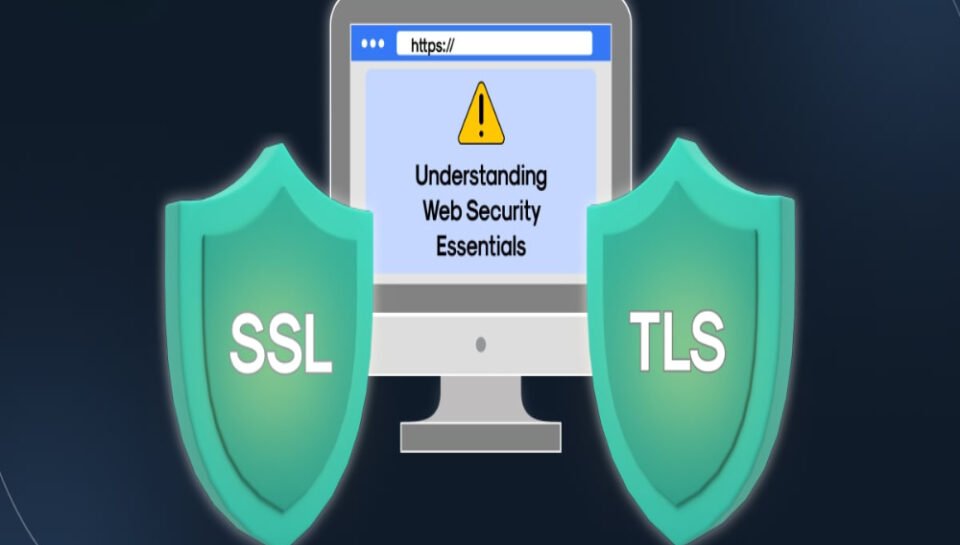
Why is SSL/TLS encryption important for business websites?
Data Privacy and Protection
- SSL/TLS encrypts data exchanged between users and servers, making it unreadable to third parties.
- It secures personal information like names, passwords, payment details, and addresses during transmission.
- Encryption prevents man-in-the-middle attacks that can intercept or alter data in transit.
- This protection is especially vital for websites handling financial transactions or user authentication.
- By securing data in motion, businesses minimize the risk of identity theft and data leaks.
Building Customer Trust
- A secure website with a padlock symbol and HTTPS in the URL reassures visitors of safety.
- Customers are more likely to share data and complete transactions on secure platforms.
- Trust indicators like SSL certificates boost brand credibility, especially for new businesses.
- SSL/TLS shows a business values its customers’ privacy and takes security seriously.
- It reduces abandonment rates, especially on checkout or login pages.
Compliance and Legal Requirements
- Data protection laws like India’s DPDP Act mandate appropriate safeguards for personal data.
- SSL/TLS is a widely accepted standard for meeting baseline legal compliance.
- E-commerce, healthcare, finance, and other sectors often require SSL for regulatory approvals.
- Failure to implement SSL can lead to legal action, penalties, or loss of operating licenses.
- Using SSL demonstrates due diligence in audits and data protection assessments.
SEO and Browser Compatibility
- Google gives ranking preference to HTTPS-enabled websites over non-secure ones.
- Modern browsers flag or block non-HTTPS websites, impacting user experience and traffic.
- Websites without SSL can display “Not Secure” warnings, deterring potential customers.
- SSL contributes to better website indexing and performance in search results.
- Secure websites also improve ad performance and eligibility in paid campaigns.
Secure Online Transactions and Integrations
- SSL/TLS is essential for safe online payments and credit card processing.
- Payment gateways and third-party apps require HTTPS to integrate with business websites.
- It ensures transactional data is encrypted, authentic, and tamper-proof.
- Customers expect secure environments for UPI, net banking, or card-based purchases.
- It supports compliance with PCI-DSS standards for payment data security.





